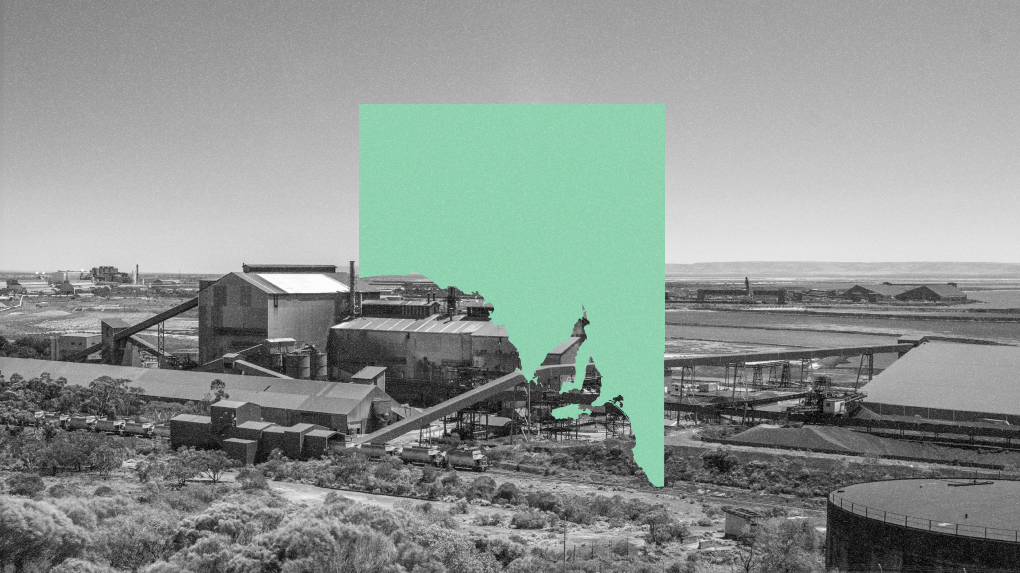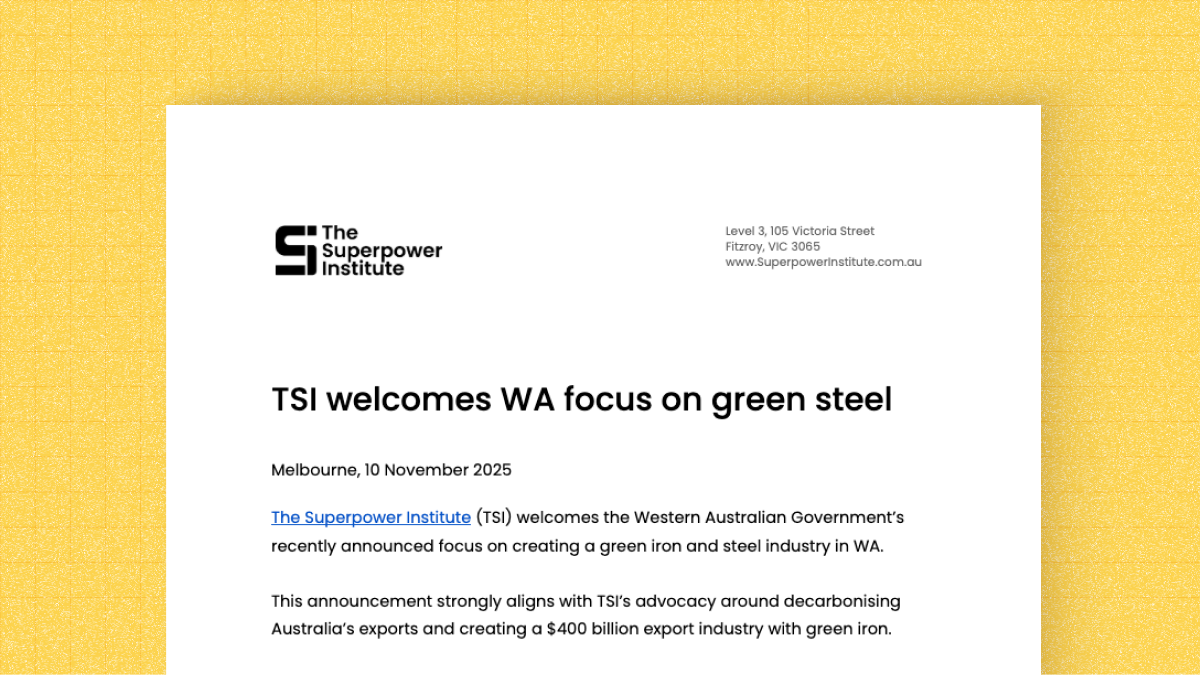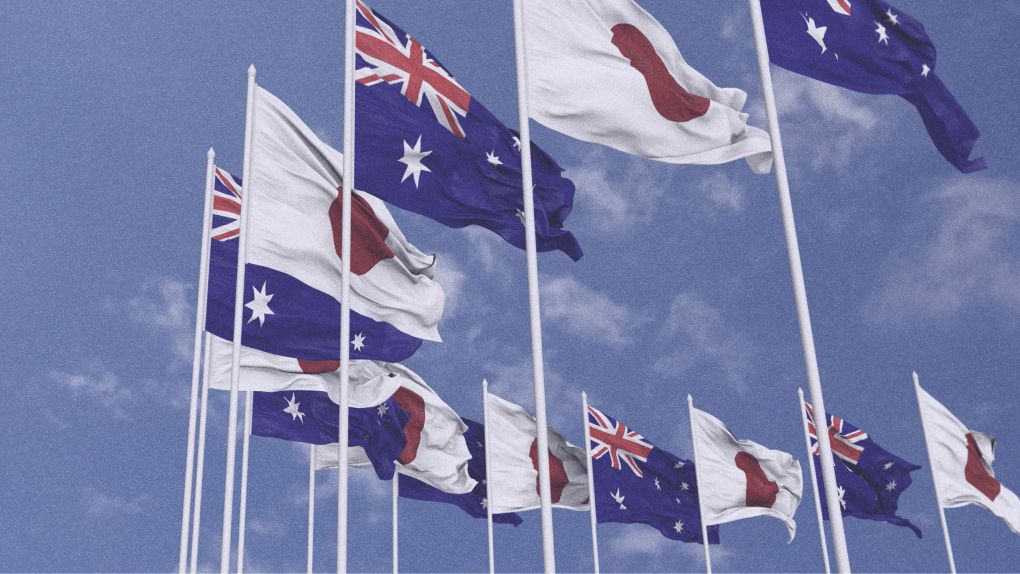This episode of ABC Insiders aired on Sunday 20 July 2025. Host David Speers is joined by The West Australian’s Gary Adshead, The Sydney Morning Herald’s Peter Hartcher, and The West Australian’s federal politics reporter Katina Curtis.
The panel discusses Prime Minister Albanese’s recent trip to Beijing, including the growing strategic importance of green iron and steel to the bilateral trade relationship.
TRANSCRIPT EXCERPT
Discussion begins at 13:35 in the broadcast.
David Speers:
A lot of the criticism from the Opposition–and it remains today–is that: what did he achieve? He didn’t achieve anything for the six days that he spent there.
The PM would–you know, his retort has been–well, jobs.
Gary Adshead:
Well, I think from the West Australian point of view–if you don’t mind me sort of throwing that in there–
David Speers:
That’s what we want…
Gary Adshead:
You talk about $162 billion worth of export trade with China from Western Australia alone in, say, 2023–to give you a figure, okay?
You saw Andrew Forrest up there. You saw other iron ore mining company bosses up there. There was a reason for that.
And I think–we’ll talk a bit about green steel going forward.
You know, Andrew Forrest has some genuine concerns about where China will be looking for its iron ore in relation to green steel into the future.
I think, from the economic powerhouse side of things, in terms of Western Australia, it’s very important that the Prime Minister goes up there.
And if he walks the Great Wall of China–who cares? If he holds a panda or looks at a panda–great.
But in terms of the need for him to have that relationship with Xi and China–it’s imperative, from an economic point of view.
David Speers:
Let’s talk about the green steel, because this was a significant part of it.
They had this roundtable–all the mining bosses were there with him.
Ross Garnaut has been working on this idea for some years.
The idea is that instead of just digging and sending iron ore to China, we can do the processing into iron–using renewable energy–to decarbonise the process.
Now, it’s going to require a fair bit of investment.
China’s obviously keen to decarbonise their steelmaking.
Gary Adshead:
And Forrest has been pushing it hard.
David Speers:
How realistic is it?
Gary Adshead:
Well, I mean, anything–when you talk about green anything at the moment–when you look at green hydrogen, which is being pushed back and, you know, lots of money has been invested and lost in that…
But certainly, if the Andrew Forrest mantra is correct, then the other iron ore companies have to get on board with this.
Because otherwise you’ll see China turning to Brazil and Africa.
And that unbelievable resource that we’ve had–that’s made the country so wealthy in terms of royalties for so long–it could be in jeopardy.
And he’s saying that it’s a wake-up call for the Pilbara to come on board with the ideas that China has in terms of green steel.
David Speers:
What’s it going to take, Peter?
Because there’s enormous potential for Australia here to add an ongoing green steel industry.
Government does have a green metals fund.
It’s going to take more than that though, isn’t it?
Peter Hartcher:
It will take more than that.
Looking at it from the Chinese end–they’ve committed to decarbonising their industry, their steel industry.
They’re the world’s biggest producer–they make 60% of all steel worldwide.
And to feed into that, Australia–or any supplier–is going to have to be able to supply green iron.
Because the Chinese don’t have the resources themselves to decarbonise everything they need to decarbonise.
So what Ross Garnaut has said is that–and remember, he was Bob Hawke’s economic adviser and advised Australia on how to exploit the Chinese economic rise from the 1980s onwards–
He has said: this moment, in setting up the green iron trade to China now, this trip that Albanese did, is as big as Bob Hawke’s trip to China in 1984 to set up what has now become our biggest export–the iron ore trade.
So he sees this as a critical moment.
And the telling moment on that Albanese trip was that he had all the Australian iron ore bosses with him, of course–
But on the other side of the table were the presidents and chief executives and chairmen of the biggest Chinese steel companies.
And that represents a decision from their leadership to go ahead with Australia and try to enact this.
Now it will take a lot, as you say.
But if you’ve got commitment from the Chinese side to help with the investment–
Garnaut is saying that Australia is going to need federal government production credits and other assistance to get it started.
But if it can–Garnaut says–and let’s give him credit, he’s the authority–
The trade could be worth two to three times more than the existing entire iron ore trade.
David Speers:
Wow.


